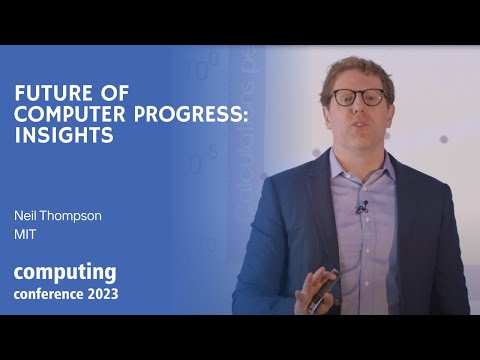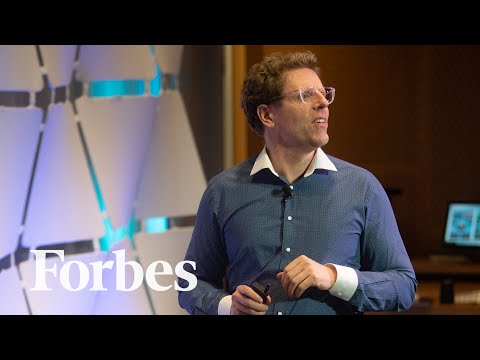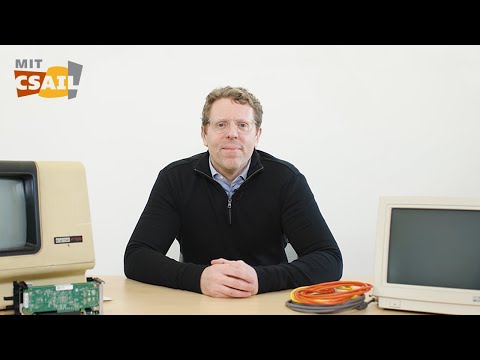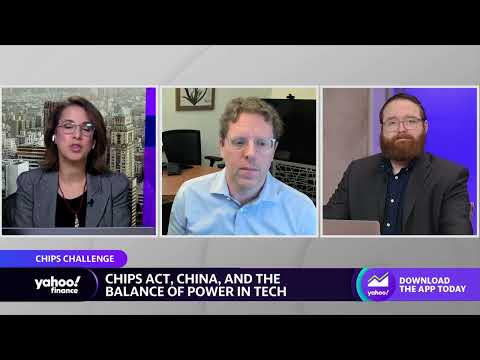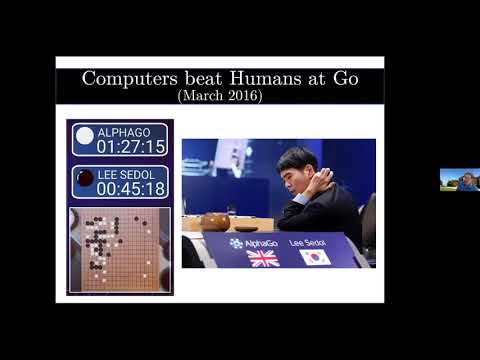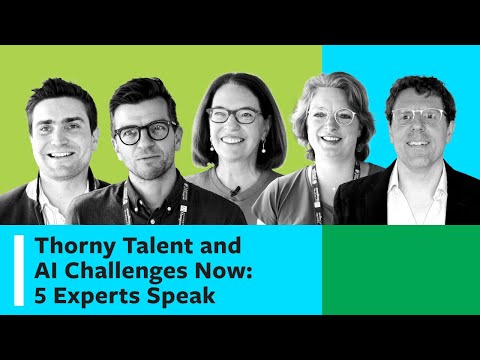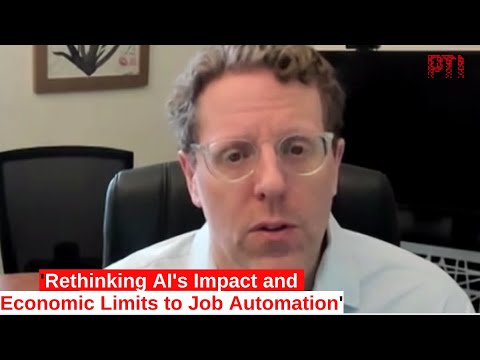Videos
Learn More About Neil Thompson
Neil Thompson is the Director of the FutureTech research project at MIT’s Computer Science and Artificial Intelligence Lab and a Principal Investigator at MIT’s Initiative on the Digital Economy.
Previously, he was an Assistant Professor of Innovation and Strategy at the MIT Sloan School of Management, where he co-directed the Experimental Innovation Lab (X-Lab), and a visiting professor at the Laboratory for Innovation Science at Harvard. Thompson has advised businesses and government on the future of Moore’s Law, has been on National Academies panels on transformational technologies and scientific reliability, and is part of the Council on Competitiveness’ National Commission on Innovation & Competitiveness Frontiers.
Thompson has a PhD in Business and Public Policy from Berkeley, where he also completed master’s degrees in computer science and statistics. In addition, he holds a master’s in economics from the London School of Economics as well as undergraduate degrees in physics and international development. Prior to academia, Thompson worked at organizations such as Lawrence Livermore National Laboratory, Bain and Company, the United Nations, the World Bank, and the Canadian Parliament.
Neil Thompson is available to advise your organization via virtual and in-person consulting meetings, interactive workshops and customized keynotes through the exclusive representation of Stern Speakers & Advisors, a division of Stern Strategy Group®.
Neil Thompson offers highly customized keynotes and presentations to meet your organization's needs, with topics including but not limited to:
- The Big Trends Driving AI: What They Are and How They Can Help Us Predict AI’s Future
- The Economics of Generative AI: The Good, The Bad, and the Ugly
- Computing After Moore’s Law: The Economic Paradigm That Underpinned Computing Is Coming Undone
- Quantum Computing: What Is It and How Should It Fit In Company Strategic Planning?
- It’s a Wiki World: The Power of Wikipedia in the Real World

Beyond AI Exposure: Which Tasks are Cost-Effective to Automate with Computer Vision?
(MIT FutureTech, January 2024)

Should Firms Hold More Patents? A Randomized Control Trial on the Commercial Value of Patents
(Academy of Management, July 2023)

Building the Algorithm Commons: Who Discovered the Algorithms That Underpin Computing in the Modern Enterprise?
(Global Strategy Journal, February 2021)

